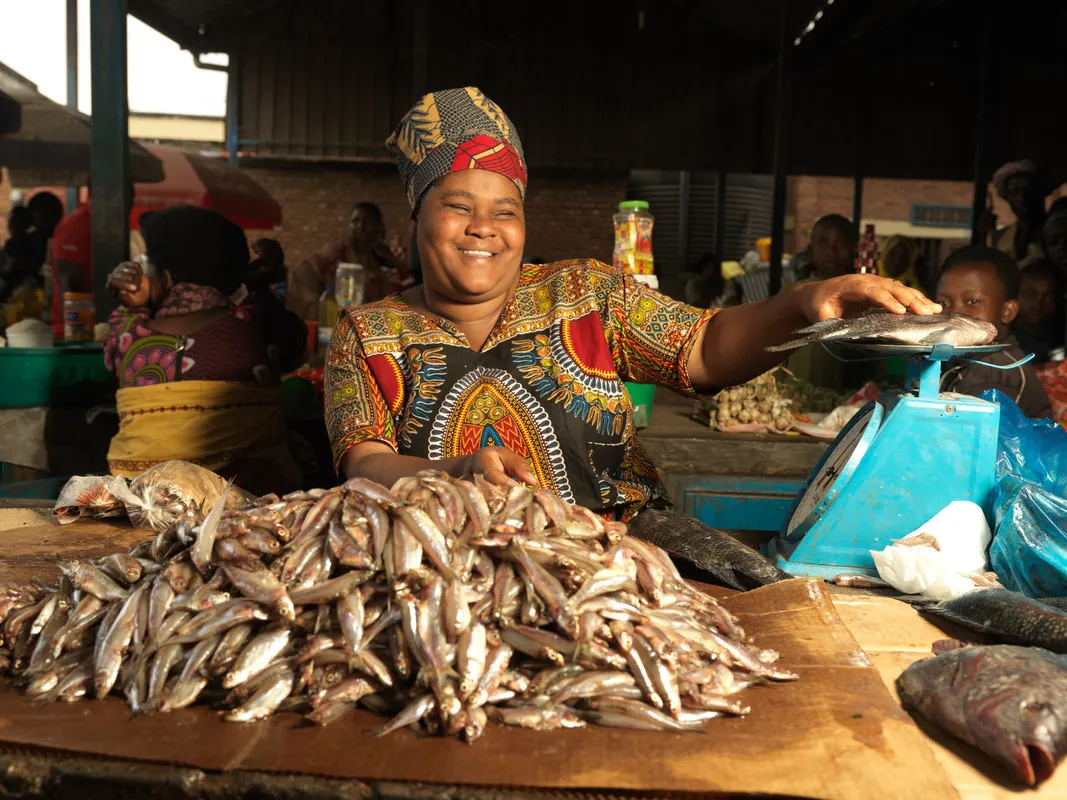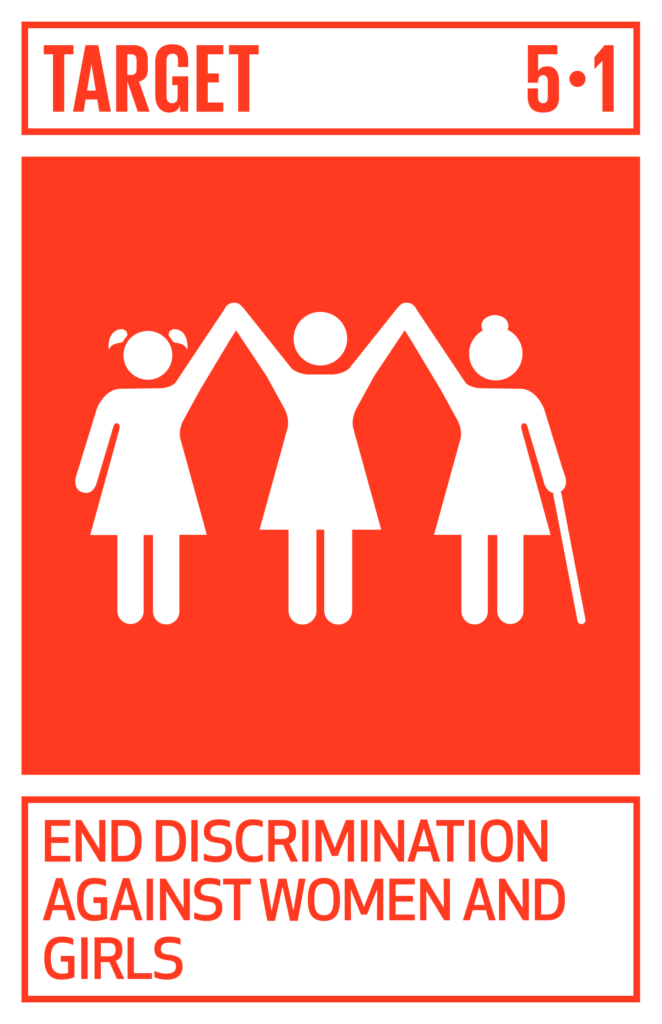 End all forms of discrimination against women and girls everywhere.
End all forms of discrimination against women and girls everywhere.
This target can feel like a big task but each of us and our organizations can model behaviors and influence public policy that ends gender discrimination.
What you can do “in the community” to end discrimination against all women and girls:
- Support non-profit organizations that are focused on gender equality, especially for marginalized minority groups.
This can take the form of:- Event sponsorship
- Funding specific programs that align with your company’s values and goals
- Co-hosting events
- Cause marketing to support specific non-profits focused on gender equality
- Volunteer and giving opportunities for employees
- Support events that highlight or celebrate women’s achievements.
- STEM
Look for opportunities to support and encourage girls to build skills in science, technology, engineering, and math. - Support women
Look for opportunities to direct sponsorship funds and CSR efforts to women-led organizations - Engage men
Engage men in why gender equality makes your company and your community stronger.- To ensure any efforts to engage men are productive and well-designed, CARE recommends working with expert organizations (typically, non-profits) to identify the proper methodology and build capacities in your company and/or deliver programming.
- For additional detail, visit CARE Insights
- For an example of a successful collaboration to engage men toward gender equality, please visit the MenEngage Alliance
- Use your advertising budget to hire female creatives and female-owned companies.
- Partner with local groups to create volunteer opportunities for your employees, ideally focused on gender equality (e.g., mentoring girls, reading to classes, etc.)
- Host a roundtable discussion with other companies in your city about gender equal policies related to parental leave, healthcare access, sexual harassment, flexible work schedules, and gender-based violence.
Case Studies
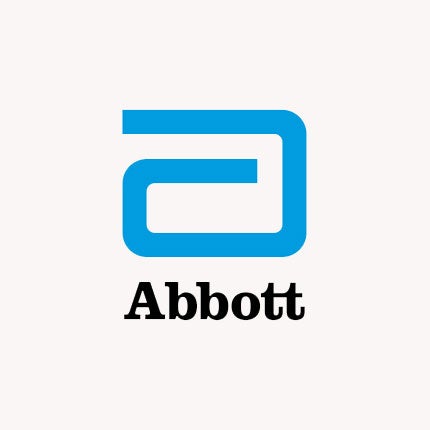 Abbott
Abbott
As a global health technology company that recruits world-class scientists and engineers, Abbott knows women are a critical factor in solving the world’s biggest problems with smart, imaginative thinking. But in the United States, women make up just 24% of the science, technology, engineering and math (STEM) workforce. Black Americans hold 4.8% of STEM jobs but make up 12.3% of the labor force. Hispanics have 6% of STEM jobs yet make up 17.6% of U.S. workers. There are a lot of reasons for this: One is that high school girls and students from underrepresented groups can often think the STEM fields aren’t for people who look like them.
Abbott knows that hands-on experiences give these students the confidence to engage in STEM. That’s why, starting in 2012, it invested in a high school internship program to demystify what it means to work in STEM. The program gives students the opportunity to work on the company’s life-changing technologies alongside engineers and scientists who look like them. Abbott recruits students from diverse partner high schools near areas where the company has facilities. Because of this, 73% of the students participating in the 2020 internship program were from diverse backgrounds. About half of the students move on to Abbott’s college internship program, and more than 70% of the high school internship alumni hired as full-time engineers are women.
Abbott has created a downloadable “Shaping the Future of STEM” blueprint and is sharing the scalable plan with any company interested in starting a high school internship program of their own. Abbott believes changing the statistics will mean a commitment from all of us to provide young people with opportunities in STEM early on.
To learn more, visit www.stem.abbott.
 Colgate-Palmolive
Colgate-Palmolive
Colgate Women’s Games is the United States’ largest amateur track series open to all girls from elementary school through college and beyond. Competitors participate in a series of meets to determine finalists who will compete for educational grants-in-aid from Colgate-Palmolive Company. Colgate’s goal is to help girls and women from underserved communities thrive, using the competition as a means to emphasize the value of education—key to Colgate’s purpose to reimagine a healthier future for all people and the planet.
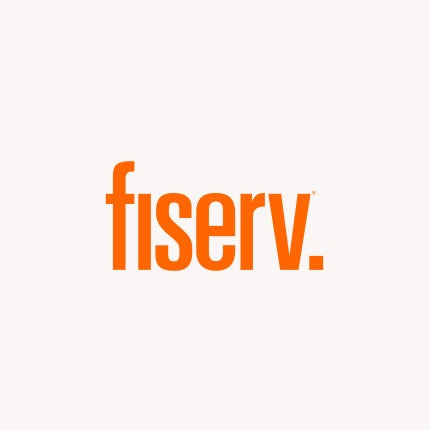 Fiserv
Fiserv
Fiserv has committed to bringing more women and girls into technology careers. The company (1) partners with Women In Technology (WIT) to inspire, hire and empower women in technical fields; (2) provides scholarships to women in technology to ensure inclusive pathways into STEAM; (3) partners with Girls Who Code and the Girl Scouts to provide access to technology at an early age; and (4) works closely with BBBS to provide STEM kits to girls in unrepresented communities.
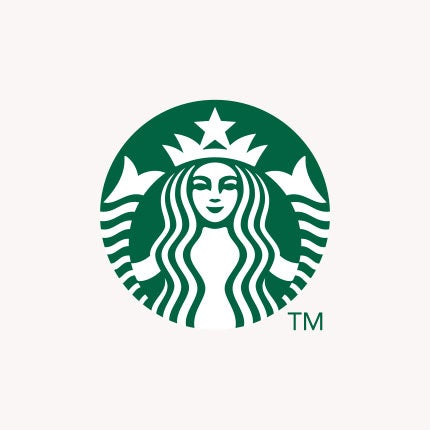 Starbucks
Starbucks
Starbucks is committed to 100 percent gender and racial pay equity. Indeed, Starbucks has achieved — and maintained — 100 percent pay equity for women and men and people of all races performing similar work in the United States. In 2018, when the company first hit that milestone, it also announced that it is committed to reaching 100 percent gender pay equity for our all partners in Starbucks company-operated markets globally. A year later, on March 20, 2019, Starbucks verified that it reached that goal in China and Canada — and it is continuing this work around the world.
Starbucks is also encouraging multinational companies to achieve global gender pay equity, with the support of equal rights champion Billie Jean King and her Leadership Initiative (BJKLI) and leading national women’s organizations, the National Partnership for Women & Families (National Partnership) and the American Association of University Women (AAUW) – by sharing the principles and tools the company uses.
Leveraging its experience working to achieve pay equity in the U.S., Starbucks has formulated pay equity principles – equal footing, transparency and accountability – that employers can implement to help address known, systemic barriers to global pay equity. In the U.S., we’ve also established best practices supporting each of these principles, and going forward we will establish global practices as well. To learn more, please click here.
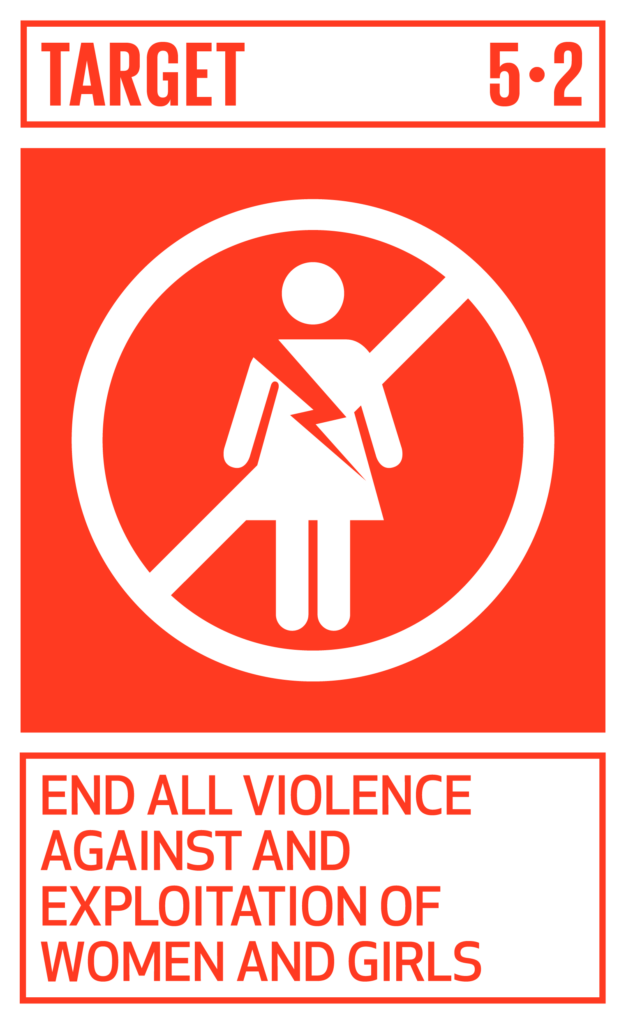 End all violence against and exploitation of women and girls.
End all violence against and exploitation of women and girls.
Keeping everyone safe and free from gender violence is fundamental to a healthy society and workplace. Your company can play a major role advocating for an end to harassment, violence, and exploitation of women and girls.
What you can do “in the community” to end harassment, violence, and exploitation of women and girls:
- Support non-profit organizations that are focused on ending harassment, violence, and exploitation of women.
This can take the form of:- Event sponsorship
- Funding specific programs that align with your company’s values and goals
- Co-hosting events
- Cause marketing to support specific non-profits focused on gender equality
- Volunteer and giving opportunities for employees
- Support events that empower women who are victims of domestic violence.
- Engage men
Engage men in why gender-based violence is not tolerated and why gender equality benefits us all. Here are steps you can take to engage men. To ensure efforts are productive and well-designed, workshops and programming may be best organized and guided by a third-party, like CARE:- Create structured spaces for men and boys to reflect on masculinities, gender, power and privilege in their lives.
- Allow for conversations with intimate partners, and within families to promote more open communication, equitable relationships, nonviolence, support and trust.
- Bring men together to talk and share testimonies. This will strengthen relationships among male allies to build and expand social support and solidarity against gender-based violence.
- Support to men to facilitate discussions and campaign around gender and masculinities to transform social norms; (See, for example, AB InBev’s #NoExcuse initiative in South Africa to change gender norms).
- For additional detail, visit CARE Insights
- For an example of a successful collaboration to engage men toward gender equality, please visit the MenEngage Alliance
- Engage women
Use your convening power and resources to ensure women understand their rights and protections by organizing training and information sessions and using creative ways to promote learning this information. Here’s an example of work CARE did with women construction workers in Cambodia. - Support local non-profits
Consider donating your money and resources to organizations working to end sex trafficking and protect women from abuse and harassment.
- Advertising
Spend your advertising funds to help change social norms about gender violence and harassment. Model gender-equal behavior and solutions in your print, television, and social media advertising. - Give appropriate training
Develop materials and messages in consultation with local violence-against-women service providers. Training should be provided by trainers who are content experts, authentic, and empathetic. For example, the gender of a trainer may be important to create an environment where people are able to participate freely. In design, training should be intensive and provide opportunities for continued engagement, such that participants can address underlying attitudes and build new norms and behaviors. Training that is interactive and participatory can support new norms and shared meanings, while changing attitudes, values, skills, and new ways of relating.
For additional reference:
CARE partnered with Business Fights Poverty to help develop this toolkit for how business can address gender-based violence. Read more
Case Studies
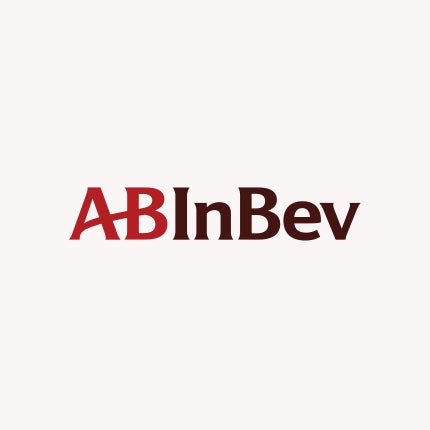 AB InBev
AB InBev
In South Africa, where the rates of gender-based violence are incredibly high, AB InBev, launched a multi-year #NoExcuse campaign to change society’s views and tolerance of GBV. Using the beer, Carling Black Label, as an entry point to grab the attention of men, AB InBev produced several videos and initiatives to empower men to change their behavior at the call of other men. From sporting events, radio, to social media, the #NoExcuses struck at the heart of what it means to be a “Champion” man and provided resources and opportunity for men to change their behavior and fight GBV. Moreover, in 2020, as COVID-19 led to stay-at-home quarantine, domestic violence calls skyrocketed. AB InBev expanded the #NoExcuses campaign to include a dedicated WhatsApp line for women and men to use to discretely report GBV and to seek assistance.
 Google
Google
Today, women are 27 times more likely to experience online violence than men. This is why Women Techmakers, Google’s flagship program supporting women in technology, launched a campaign in partnership with Jigsaw to train and engage women developers to build scaled technical solutions to keep women safe online. Now running in five regions, Google’s goal is to train 50,000 women in online safety by the end of year. In support of domestic abuse survivors impacted by shelter-in-place, Search and YouTube, together with the National Network to End Domestic Violence (NNEDV), launched a campaign called #ISeeYou to increase the visibility of available services to women globally. Alongside the campaign, Google granted $2 million in Search ads to domestic violence organizations to show our support for reducing domestic violence.
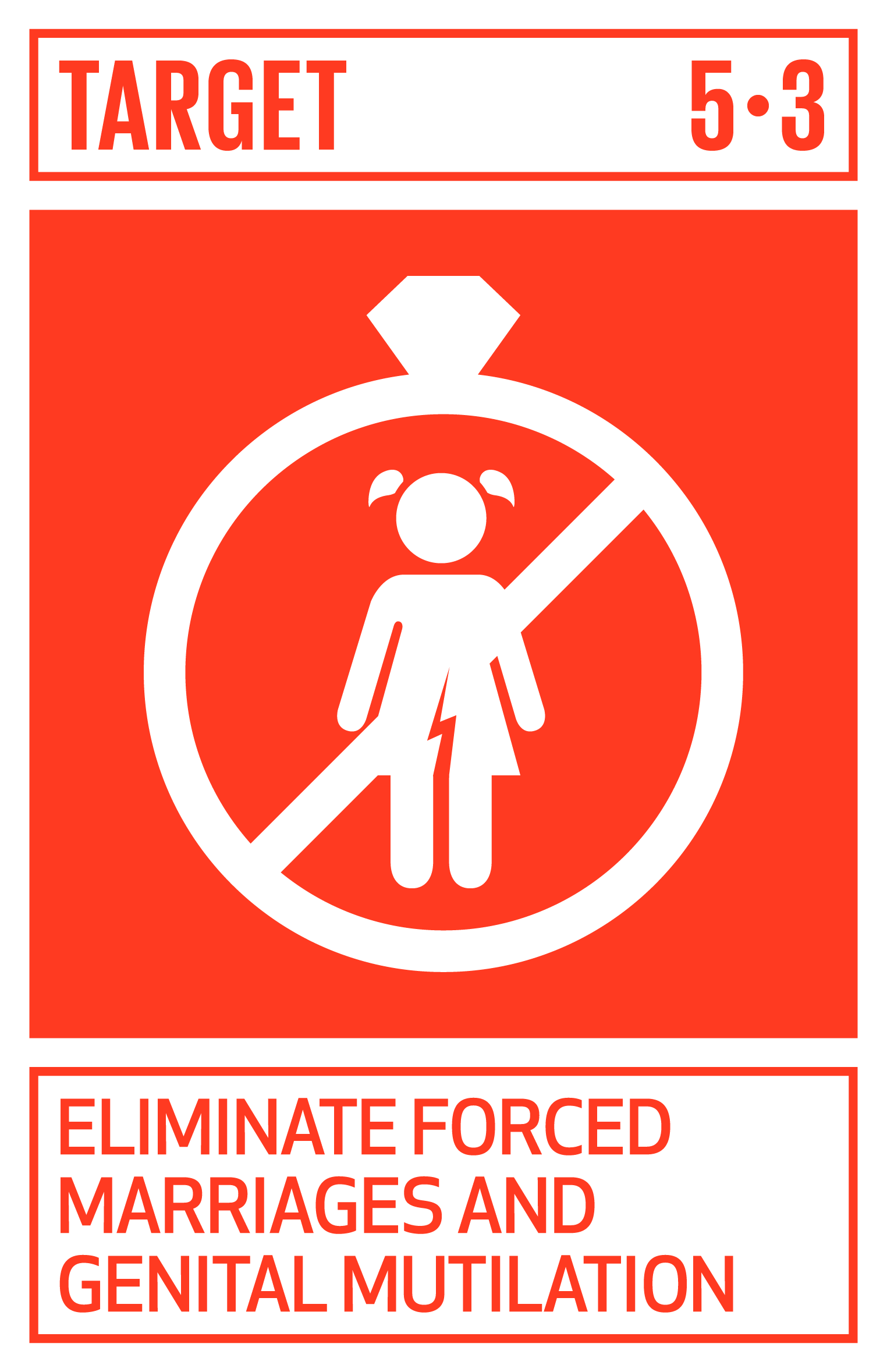 Eliminate all harmful practices, such as child, early and forced marriage and female genital mutilation.
Eliminate all harmful practices, such as child, early and forced marriage and female genital mutilation.
While your day-to-day work may not lend itself to addressing the issue of forced marriages and genital mutilation, companies can and should play a role in changing harmful practices that disadvantage and hurt women and girls.
What you can do “in the community” to eliminate harmful practices:
- Support local non-profits
Consider donating your money and resources to organizations working to end child and forced marriage and respond to female genital mutilation. - Advertising
Spend your advertising funds to help change social norms about gender violence and harassment. Model gender-equal behavior and solutions in your print, television, and social media advertising. - Advocate
Work with your company’s advocacy team to develop strategies for changes to national and local laws to eliminate harmful practices. - Engage local expertise
Host workshops, with the help of local organizations, for employees on why certain practices are harmful.
Case Study
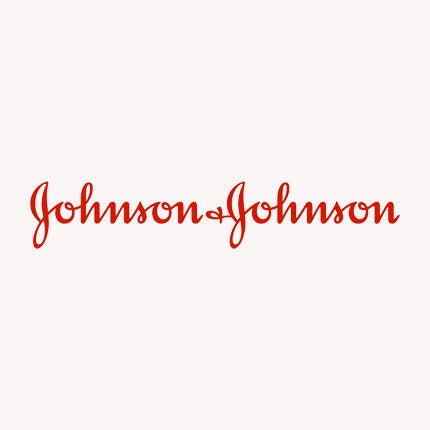 Johnson & Johnson
Johnson & Johnson
In Ethiopia’s Amhara region, where rates of child, early, and forced marriage are high, Johnson & Johnson implemented Towards Improved Economic and Sexual Reproductive Health Outcomes for Adolescent Girls in Ethiopia (TESFA) to address the economic rights and sexual and reproductive health of ever-married girls. Between 2015-2018, CARE worked with married adolescent girls and developed tested approaches to support positive changes in their lives. TESFA scaled up geographically, reaching 2,124 ever-married girls in 12 kebeles across the woredas of Farta and Gunabegemider. This project has been critical in replicating and geographically scaling a proven program model to improving girls’ sexual reproductive health and economic empowerment and has advanced innovations in measuring social norms.
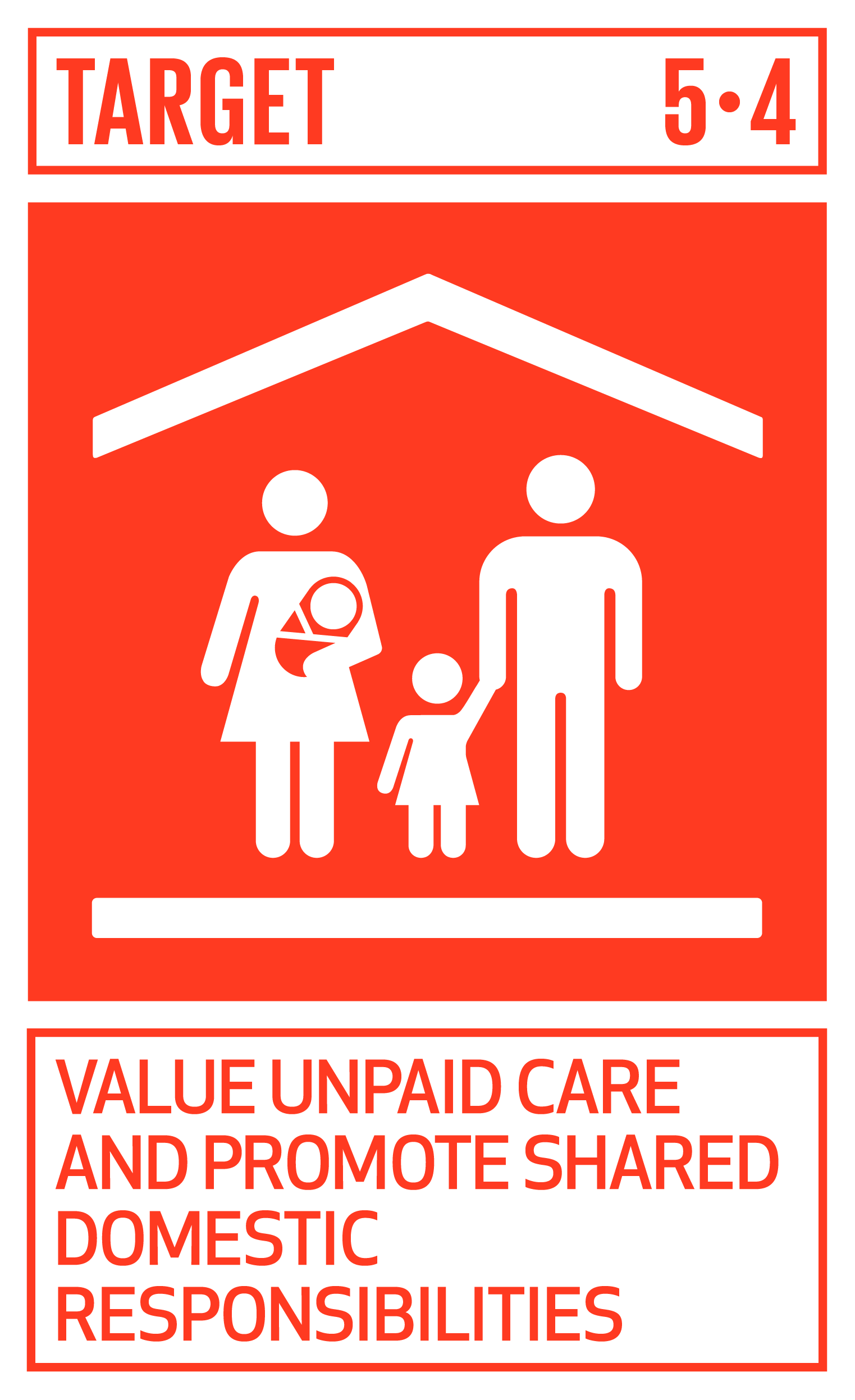 Value unpaid care and promote shared domestic responsibilities.
Value unpaid care and promote shared domestic responsibilities.
Unpaid care is a significant barrier to women’s participation in economic activity because women do most unpaid caretaking and domestic labor (e.g., cooking, cleaning, shopping for home, etc.). Globally, women spend over three times more time doing unpaid work and care than men. When women also carry a paying job, they bear a double burden.
Companies can and should play a major role in valuing unpaid care, providing flexibility and space for employees, and helping change social norms about caretaking. They can also advocate for changes in national law that value caretaking.
For systemic change, government, business, and civil society need to do their part to complete the “5 Rs”:
- Recognition of care work as productive, which adds value to the economy and society;
- Reduction of total hours spent on unpaid services;
- Redistribution at the household level, while shifting responsibility to governments and employers; and
- Representation of the most marginalized caregivers in decisions on and design of care policies, services and systems.
- Reward through decent working conditions and equal pay for work of equal value, so as to protect a workforce largely made up of women.
What you can do “in the community” to value unpaid care and promote share domestic responsibilities:
- Provide childcare
Create day care and other childcare spaces in near the fields and in company facilities.- If your company cannot provide childcare directly, subsidize childcare offsite.
- The same applies to healthcare. Consider partnering with local healthcare providers to offer a healthcare clinic during an off-day in the communities where the majority of workers live.
- Make donations and/or sponsor local services that provide support to working mothers.
- Change social norms
Promote the equitable responsibility for care between women and men through advertising campaigns and flexible work schedules. - Advertising
Spend your advertising funds to help change social norms about caretaking. Model gender-equal behavior and solutions in your print, television, and social media advertising including but not limited to: breast-feeding, flexible work, men doing caretaking activities, women visiting the doctor, etc. - Engage men
Institute workshops and programs that promote equal responsibilities and engage men and boys. Many men are unaware that everyone benefits when they share domestic and care responsibilities. Partner with local organizations to support programs like this in the communities where you work.
Additional resources include the following:
- Oxfam/Unilever’s Business Briefing on Unpaid Care and Domestic Work: Why unpaid care by women and girls matters to business, and how companies can address it Read more
Case Studies
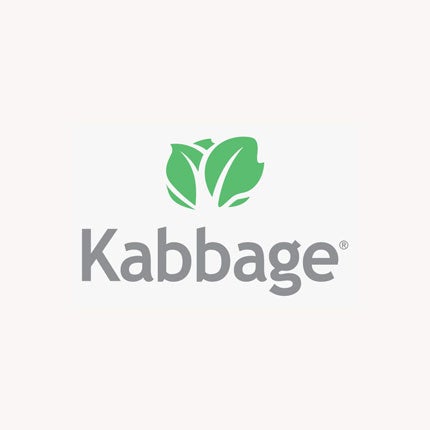 Kabbage
Kabbage
Recognizing that many employees have long commutes to the office, Kabbage, implemented flexible work schedules to allow for shared domestic responsibilities. They quickly found that worker productivity or output did not diminish and that both male and female colleagues felt less stress to rush home.
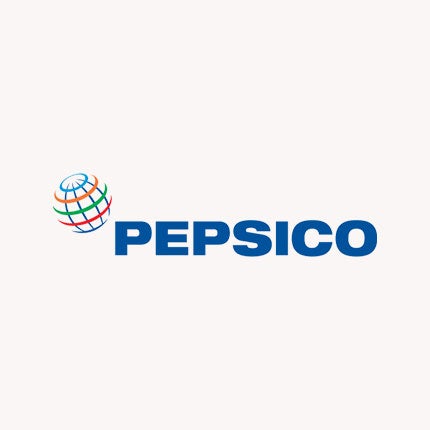 PepsiCo
PepsiCo
PepsiCo has implemented a number of programs to support mothers and caretakers at all levels of the company. These initiatives included:
- Providing on-site childcare at PepsiCo’s New York headquarters and near-site childcare at PepsiCo Foods North America headquarters in Texas. The company also provides on-site or near-site childcare at international locations, including Mexico, India, Egypt, and Pakistan.
- In more than half of company locations worldwide with 500 or more employees, the company has either dedicated mother’s rooms, wellness rooms, or alternate space available for nursing mothers and the company is actively working to expand the number of PepsiCo locations with facilities for nursing mothers in the coming years.
- Making available back-up child and elder care services are available through third party providers when a regular care provider is unavailable.
- Launching “Ready to Return” in 2017 in New York for professionals who are re-entering the workforce after taking time off to care for a loved one. Ready to Return is a 10-week paid program designed for experienced professionals who have been out of the corporate workforce for more than two years and are looking to return. To help ease the transition, participants are provided with mentoring and coaching support, training to refresh skills and formal and informal networking opportunities with PepsiCo employees. In 2018, Ready to Return was expanded to Latin America, and now includes Brazil, Chile, and Mexico. This program is a demonstration of PepsiCo’s support for working caregivers in our communities around the world and a means to build the female talent pool at PepsiCo.
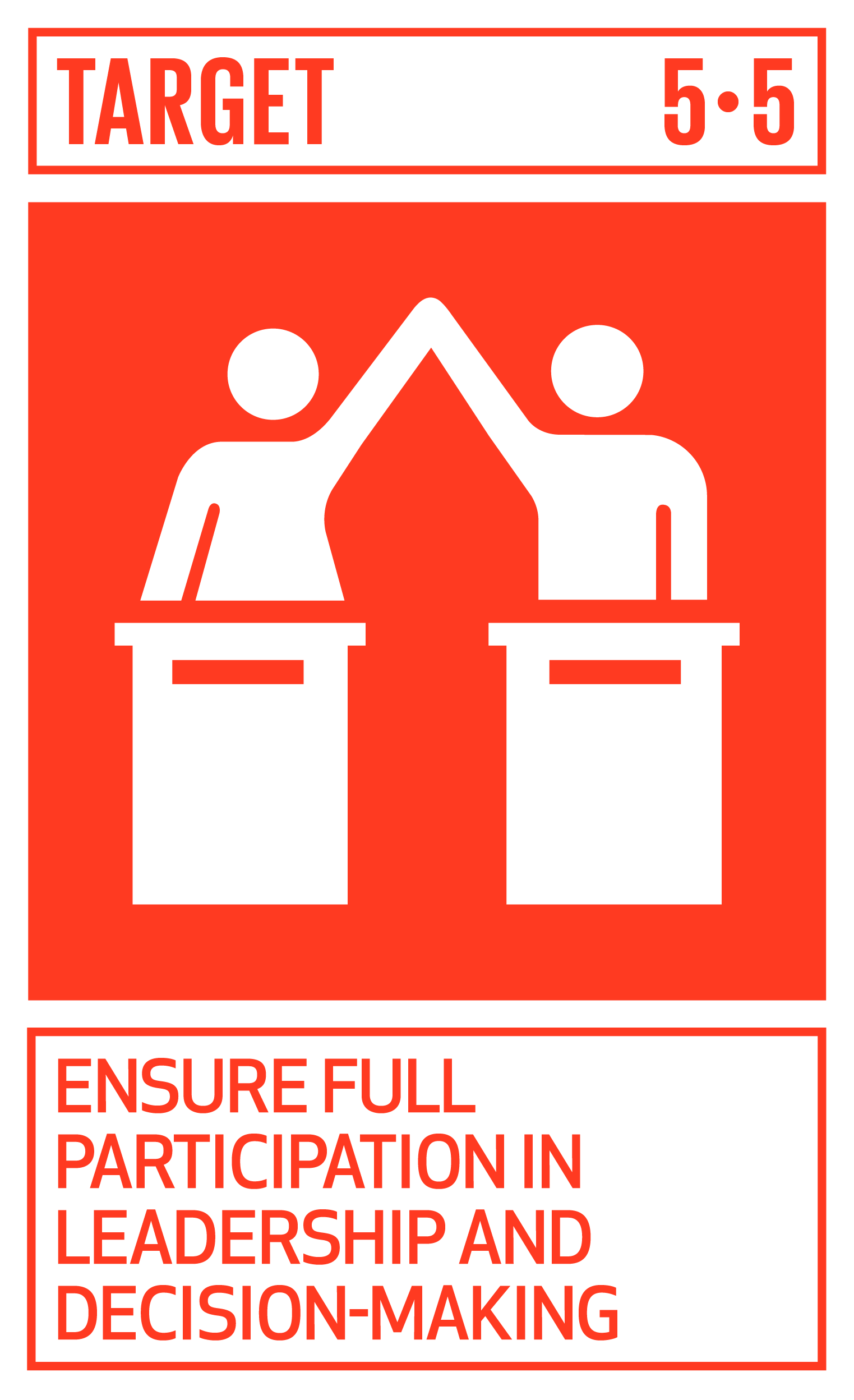 Ensure full participation in leadership and decision-making.
Ensure full participation in leadership and decision-making.
When women lead, outcomes are often better than when women are not in decision-making roles. One of the key indicators for this target is the percentage of companies in any given country with a female as the top manager, and the share of middle or senior management positions filled by a female. Here, companies play a central role in achieving gender equality.
What you can do “in the community” to ensure full participation in leadership and decision-making:
- Engage in the community
Look for ways to influence positive gender outcomes in the communities where your company works. This may include partnering with local non-profits and engaging family members of your employees. Efforts to build women’s skills, capabilities, and access to resources so they are better enabled to make decisions, both productive decisions and household decisions, and fully participate in economic activity, are vital to increasing the number of women in leadership roles. - Work with and support organizations that help give voice and connect women to leaders.
- STEM
Look for opportunities to support and encourage girls to build skills in science, technology, engineering, and math. - Provide mentorship to girls and women: employee volunteer programs to strengthen skills for women and girls and/or provide pathways to employment
- Partner with gender equal entities
If your company has business relationships with local cooperatives or associations, consider working only with those that have a significant proportion of women representatives in leadership positions and women members in farmers’ cooperatives and/or association.
Case Studies
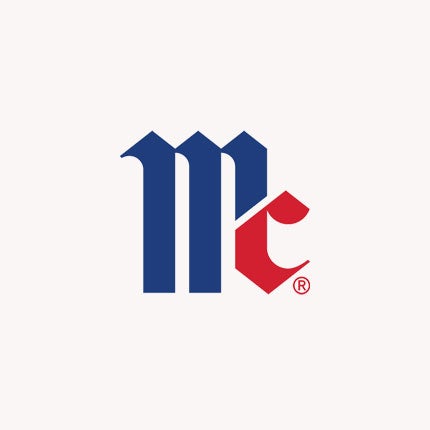 McCormick
McCormick
McCormick & Co., a global flavor company, launched their Purpose Led Performance (PLP) sustainability strategy in 2017. One of the primary goals is to champion equity and diversity throughout the company and its global supply chains. To achieve this, McCormick partnered with CARE to:
- Diagnose the challenges that women face and the risks these pose to resilience;
- Design a global framework for McCormick to achieve its PLP goals and ensure that these address the specific roles of women in supply-chains;
- Deliver programming that supports communities, including in COVID-19 response; and
- Document the impact of this work so that McCormick can make strategic business decisions around resources and understand what is improving, where and how.
Through a deep dive into McCormick’s supply chain, CARE developed a gender dashboard for each country McCormick operates in so that the company could make the best resource and strategy decisions toward gender equality and company performance goals.
 Kabbage
Kabbage
Kabbage observed that it had a dearth of women in technical positions at the company. To remedy this, the company overhauled its hiring procedures to mandate gender parity on interviewee candidate slates before the interviewing process can begin. Additionally, Kabbage changed the language in its job postings, included more inclusive pictures on our website, and offered a more flexible interview process so that women are able to choose what time of day works best. These small changes dramatically improved the hiring and retention of women. Among their central learnings from this work was that focusing community over company product was helpful in attracting and retaining a diverse workforce and that small changes can have a big impact.
 Colgate-Palmolive
Colgate-Palmolive
Colgate-Palmolive believes creating a diverse, equitable and inclusive culture is key to its growth. That’s why Colgate has made the commitment to ensure gender equity in its hiring, evaluation, and retention. The company now requires a diverse slate of candidates for hiring and extra effort is made to ensure promotions are gender and racially equitable. Colgate reviews job descriptions to eliminate gender bias, and has also instituted training for unconscious bias and allyship. In addition to equal pay, managers are accountable for maintaining inclusive teams.
The company also has a longstanding partnership with Women Unlimited as well as formal leadership programs that benefit women, including Colgate Leadership Challenge and BetterUp programs for mid-level managers, and Global Leadership: Discover and Create the Future, for emerging senior executives. Women lead priority growth areas for the company, including:
- Colgate’s digital transformation, led by Colgate’s Chief Digital Officer
- EltaMD and PCA Skin premium skin health brands; and
- Tom’s of Maine and Hello Products natural personal care brands
Women also occupy key positions within Colgate’s Global Innovation Group, which itself is led by a female Group President, and includes women in senior leadership roles: Chief R&D Officer, Chief Clinical Officer, Chief Sustainability Officer, Chief Procurement Officer, Vice President, Global Oral Care, Vice President, Global Public Health, and Vice President, Supply Chain, Latin American Division.
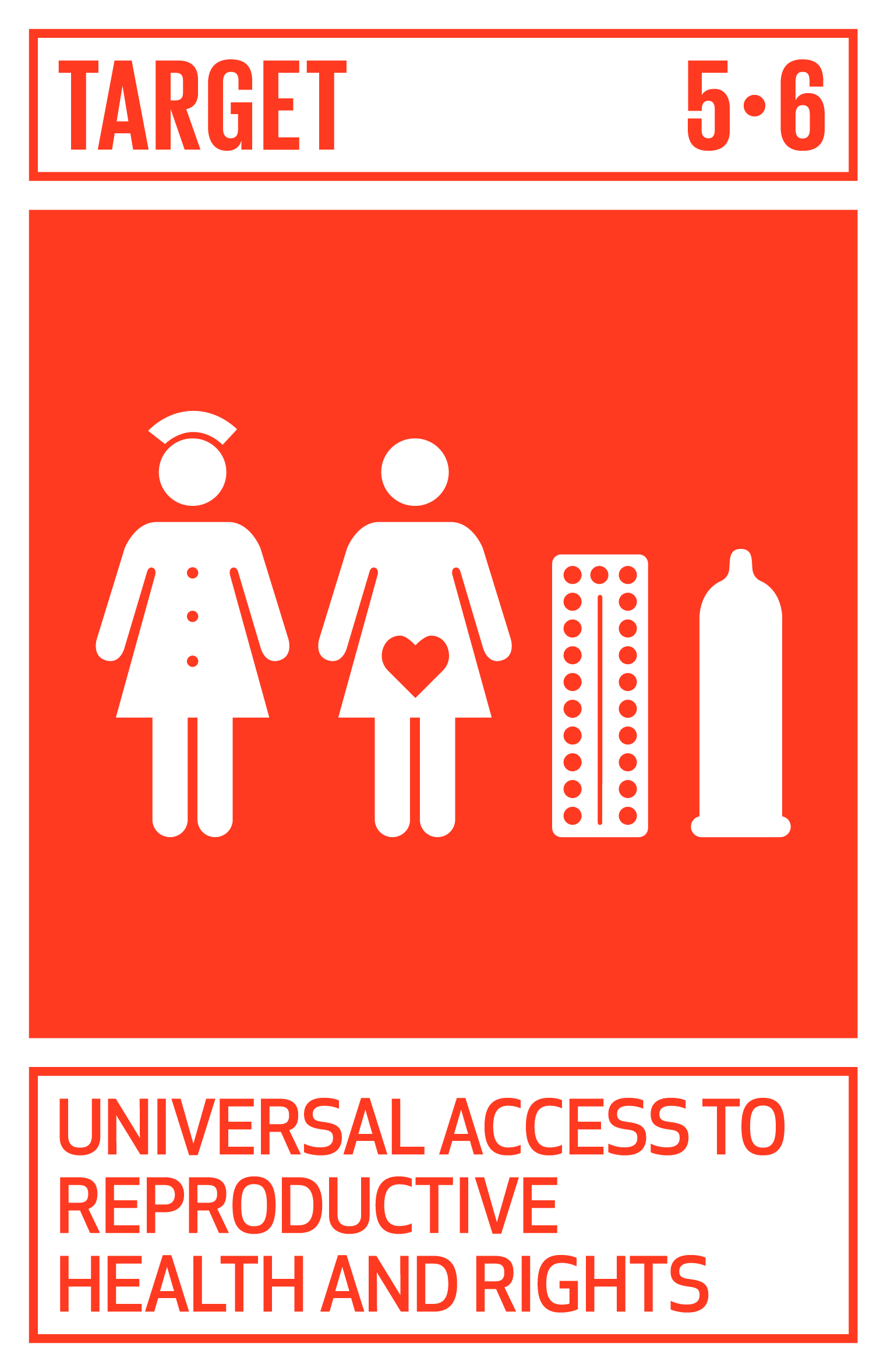 Universal access to reproductive rights and health.
Universal access to reproductive rights and health.
When women control their own health care decisions, including reproductive health decisions, and have access to health care, their ability to thrive, at work and at home, increases. Companies play an important role in providing the benefit of access to care in many countries and in promoting the norms that allow for accessible reproductive care. They can also shape the laws that protect and provide access to reproductive care.
What you can do “in the community” to provide universal access to reproductive rights and health:
- Support non-profit organizations that are focused on healthcare access, maternal health, prenatal care, and reproductive health care. This could include:
- Event sponsorship
- Funding specific programs that align with your company’s values and goals
- Co-hosting events
- Cause marketing to support specific non-profits focused on gender equality
- Volunteer and giving opportunities for employees
- Partner with local groups to create volunteer opportunities for your employees, ideally focused on gender equality (e.g., mentoring girls, reading to classes, etc.)
- Advocate
Where legal change is necessary, work with your company’s advocacy team to ensure the law empowers women to make their own informed decisions about their reproductive and physical health, including, for example: determining whether to have sexual intercourse with their husband or partner; deciding on use of contraception; and deciding on their own healthcare.
Case Study
 Abbott
Abbott
NCDs in Humanitarian Crises
According to the United Nations, more than 80 million people today are displaced from their homes by conflict, natural disasters and other emergencies.
In response, governments, organizations and companies have focused on meeting urgent needs for food, water and shelter. But for many people, particularly in the aftermath of crisis, basic needs include uninterrupted care and management of chronic diseases – also known as noncommunicable diseases, or NCDs, such as diabetes and cardiovascular disease. Despite this, chronic diseases often don’t receive enough attention in these humanitarian settings, according to the World Health Organization.
Working together with CARE, the global healthcare company Abbott and its foundation the Abbott Fund launched one of the world’s first programs aimed at filling this gap – creating a new model, both scalable and replicable, for the effective prevention and care of NCDs in challenging settings around the world.
The three-year program in Marawi City, Philippines is focused on supporting internally displaced people affected by diabetes, hypertension and obesity. Program work includes screening to identify people with NCDs and those at risk of developing NCDs, and expanding access to needed clinical care.
A key focus for the program is mobilizing displaced communities to fill gaps in prevention and care, with an emphasis on empowering women. With an in-depth understanding of the needs of their neighbors, women volunteers lead “NCD Clubs” to advance disease prevention and management, and provide vital peer support. The program also strengthens the ability of local healthcare systems to manage NCDs, and raises awareness and educates on the prevention and control of NCDs.
Initial results are promising. Baseline screening found that more than half (59%) of people identified as diabetic were previously undiagnosed. And following targeted interventions, 46% of diabetic and pre-diabetic patients saw a decrease in average blood glucose (HbA1c) levels, which is an indicator of better glucose control and lower risk of complications.
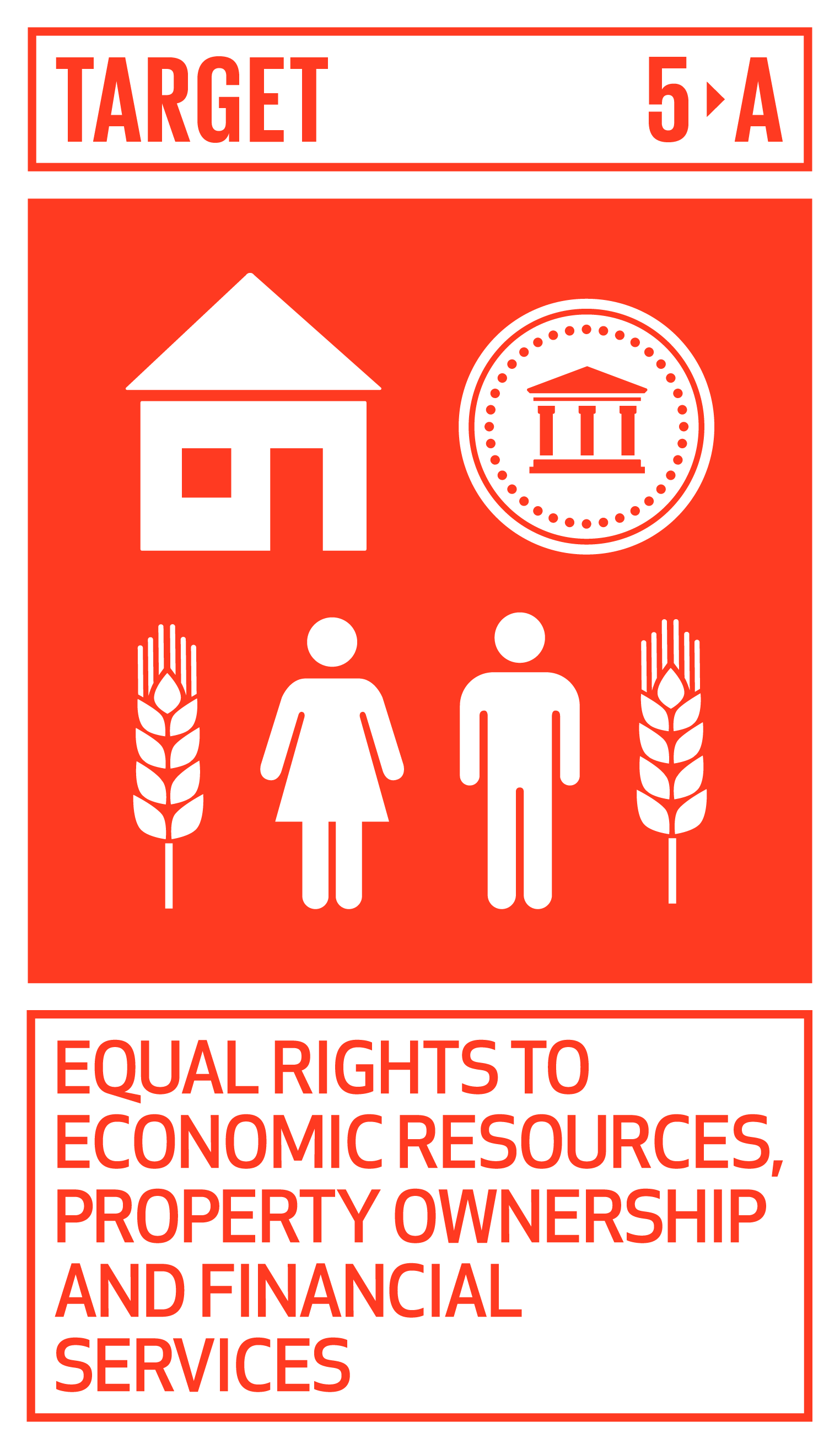 Equal rights to economic resources, property ownership and financial services.
Equal rights to economic resources, property ownership and financial services.
Although this target is focused on increasing female agricultural land ownership, companies can make also help women to build wealth and economic stability through their supply chains as well.
What you can do “in the community” to provide equal rights to economic resources, property ownership and financial services
- Connect women to resources
Support connecting women to financial services through savings groups, mobile money, and financial services that take women’s needs into account. CARE has set up Village Savings and Loans Associations across the world to help women build with financial resources to launch and support their businesses. - Advocate
Work with your company’s advocacy team to push for legislative and legal changes to allow for female-land ownership when it is prohibited and to ensure equitable access to capital and resources for female agricultural business owners. - Support non-profit organizations that are focused on building wealth and economically empowering women.
Case Studies
 Kabbage
Kabbage
Kabbage’s business model is tied to the goal of democratizing access to financial services. By leveraging the customer’s real-time, online data, including transaction information, bank data, accounting information, and shipping records, to name a few of the 2.5+ million live connections, Kabbage is able to blindly underwrite businesses regardless of their race or gender. As a result over 30% of its customers are women- and/or minority- owned small business.
 Mars
Mars
Mars is partnering with others to unlock opportunities for women across sourcing communities around the world. The company invested more than $4.5 million in initiatives that include empowering women in coconut, vanilla and shea sourcing communities with the Livelihoods Fund for Family Farming. Additionally, Mars is reaching more than 4,500 women through self-help groups in mint sourcing communities in India through the Shubh Mint program and is supporting more than 800 women rice farmers in Thailand with expanded business skills and training through the Sustainable Rice Platform.
 Cargill
Cargill
The Cargill Cocoa Promise is Cargill’s commitment to cocoa farmers and their communities, enabling them to achieve better incomes and living standards while growing cocoa sustainably. This includes a strong focus on giving women more access to economic opportunities, which is vital for strengthening the socio-economic resilience of cocoa farmers, families and communities. Such interventions also improve farm productivity, helping to secure cocoa as a livelihood for generations to come. Cargill works to upskill women in cocoa communities via functional and financial literacy training and entrepreneurship trainings. This has a positive ripple effect, since women tend to reinvest any earnings into their families and communities.
In partnership with CARE, across Ivorian and Ghanaian cocoa communities, the partnership supports people to access the resources, skills, and tools necessary to change their own lives. Cargill has specifically focused on facilitating access to savings and credit structures like Village Saving and Loans Associations (VSLAs) since 2008. VSLAs are established to create and support a strong savings culture in the community. Members are also able to take out small loans to build income-generating activities. These groups base their activities on trust, accountability, and transparency in all transactions. Savings and loan activities bring together neighbors who trust each other, and often these groups meet for many years.
CARE and Cargill understand the value these groups bring to communities and have focused on bringing credit closer to the farming families over the last decade. Among the chief lessons learned was to leverage technology to increase the pace of implementation and change at scale. Cargill and CARE’s VSLA approach has created an enormous value in the communities they serve, improving access to finance for women and men who are often excluded from formal financial systems. The VSLAs provide members a platform to access informal financial services and training across various topics, including financial literacy, business management, and diversification through income-generating activities.
The company aims to take the VSLA platform to the next level within the CARE-Cargill partnership, building a new generation of VSLAs that not only improve access to finance at the community level, but also open doors to the emerging digital economy. This includes digitization of the VSLA process using a shared digital platform to promote effective cashless systems by reducing security risks and increasing productivity. It also entails transforming a paper-based record system to an electronic system to improve tracking of loans and savings across VSLAs, enhancing group efficiencies, transparency, and data sharing. The evolution of VSLAs into the digital world will accelerate and deepen financial inclusion while increasing the usage of digital financial services in rural cocoa communities.
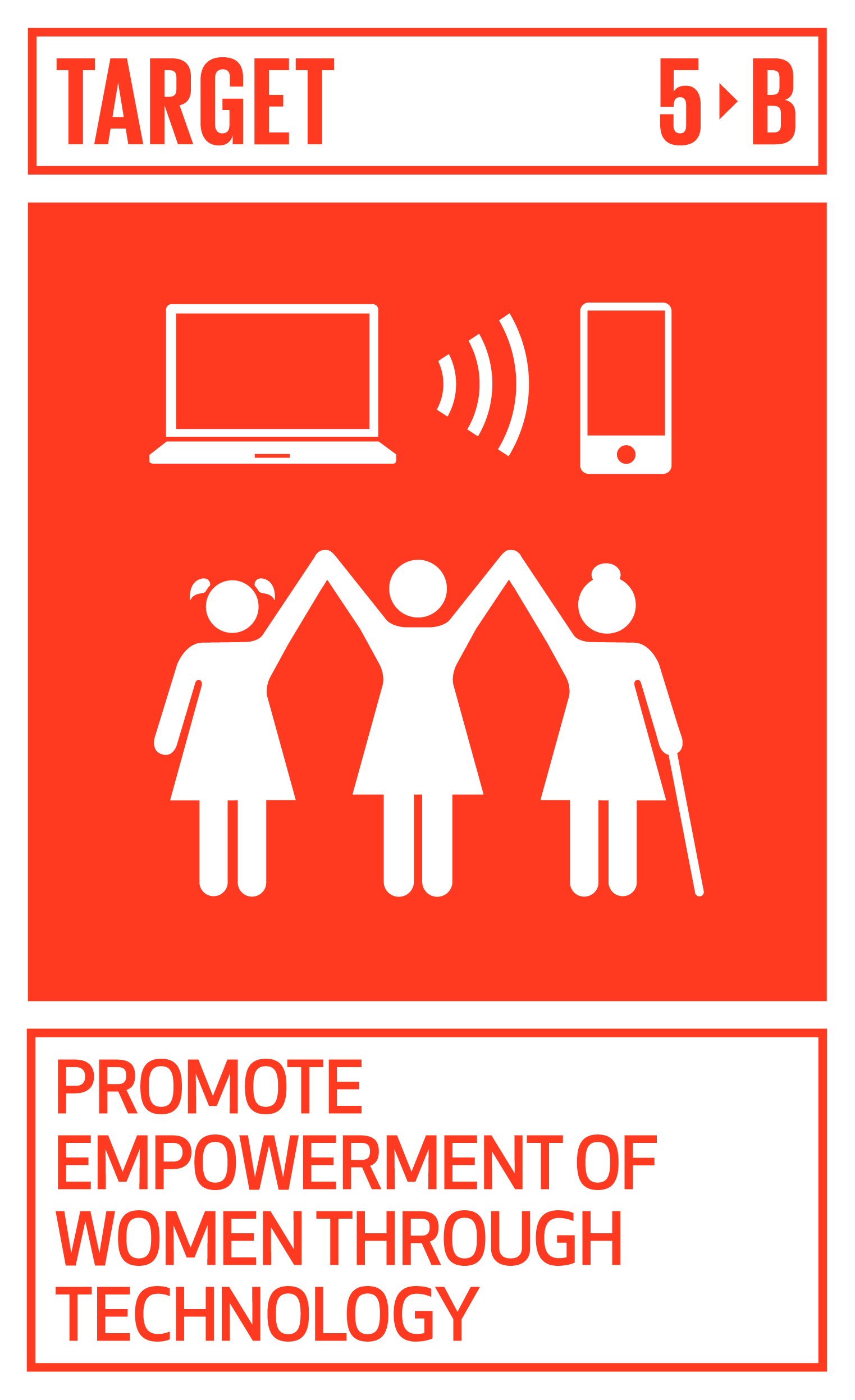 Promote empowerment of women through technology.
Promote empowerment of women through technology.
Technology can lower barriers for financial access, communication, and female empowerment. Companies have the opportunity to leverage technology to use technology to achieve gender equality in significant ways.
What you can do “in the community” to promote empowerment of women through technology:
- Focus philanthropic and corporate engagement on:
- financial access for women;
- digital access to funding and banking for women;
- technology platforms the promote networking and skill-building; and
- STEM training for girls.
- Provide on digital wages
This can save time for women and ensure they can directly access and control their wages by helping them to send, save and make payments securely through their mobile phone.
Case Studies
 Cargill
Cargill
IDH, Cargill, Advans and CARE are working with cocoa producing communities on innovative solutions such as mobile money accounts or digital loans, as well as connecting the VSLAs to more formalized financial lending systems and institutions. CARE has been facilitating access to financial services for 27 VSLA groups to increase working capital, stimulate the promotion of a savings culture, and improve the quality of financial services. Between 2019-2020, these VLSAs were linked to a microfinance institution called Advans. Advans has signed a partnership with a mobile phone company to facilitate secured monetary transactions for VSLAs. To date, these VSLAs have $2,247 in invested savings with Advans. VSLA members are looking to use their savings to invest in business expansion activities, including processing, trading, transportation of agricultural products and animal husbandry. In the coming months, Cargill and CARE will focus on linking 40 more VSLAs with microfinance institutions to further secure their savings and increase the amount of loans they can access to expand their income generating activities.
 Fiserv
Fiserv
Fiserv has committed to bringing more women and girls into technology careers. The company (1) partners with Women In Technology (WIT) to inspire, hire and empower women in technical fields; (2) provides scholarships to women in technology to ensure inclusive pathways into STEAM; (3) partners with Girls Who Code and the Girl Scouts to provide access to technology at an early age; and (4) works closely with BBBS to provide STEM kits to girls in unrepresented communities.
 Microsoft
Microsoft
In response to the COVID-19 pandemic and its social and economic impacts, Microsoft has focused on providing critical digital support for the world’s first responders, governments, and communities around three areas: (1) leveraging digital technology in concerted efforts to protect public health; (2) promoting inclusive economic recovery; and (3) ensuring digital safety. During the initial phases of the pandemic, Microsoft contributed more than $40 million in cash, technology and services to communities globally. Through the company’s employee community, it executed a global “Give Together” campaign through which employees helped raise more than $40 million worldwide (inclusive of match) for COVID-19 response. As the pandemic continues, Microsoft has extended its commitments to support the response, recovery, and rebuilding of communities globally.
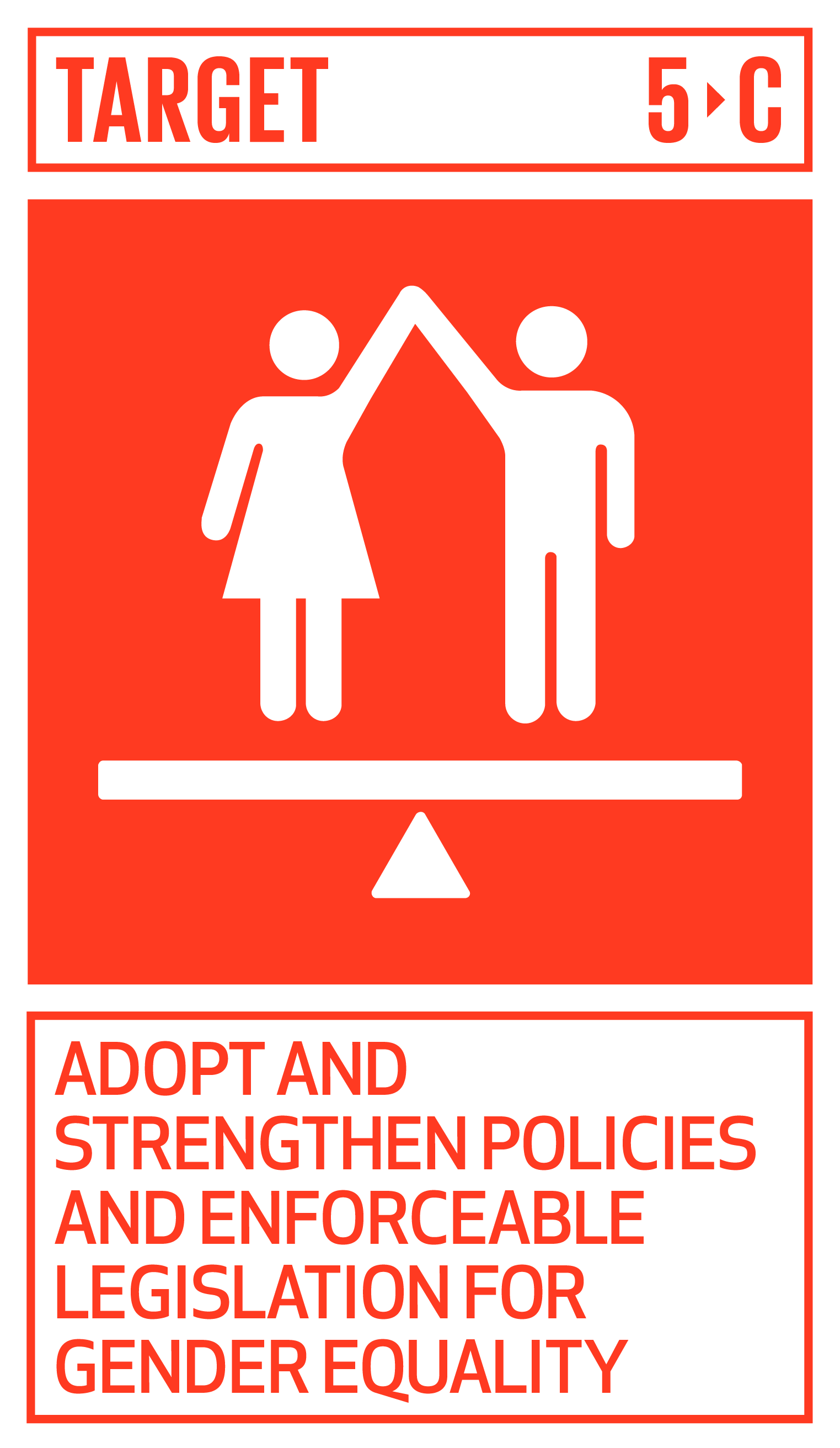 Adopt and strengthen policies and enforceable legislation for gender equality.
Adopt and strengthen policies and enforceable legislation for gender equality.
Every company, and its many suppliers, can play a role in advocating for legislative action and legal change in the countries where they operate. Indeed, the influence and voice of the private sector often shapes political action.
What you can do “in the community” to adopt and strengthen policies and enforceable legislation for gender equality:
- Work with your corporate advocacy team to identify legal changes that will strengthen women’s rights and protect women workers. Consider partnering with your suppliers and civil society organizations
- Support your company’s advocacy for gender equality laws and initiatives including but not limited to:
- expanding the definition of discrimination against women
- equal pay for work of equal value
- work prohibitions
- family leave
- inheritance/property
- nationality
- marriage and divorce
- violence against women
- quotas
- pensions
- legal capacity
Case Studies
 Kabbage
Kabbage
Kabbage believes that a more equitable and diverse workforce ultimately begets better, more inclusive, products. A large part of its company culture is “coming as you are” as Kabbage wants its employees to feel as comfortable as possible. Externally, Kabbage has long advocated for gender and LGTBQ equality federally and in the State of Georgia (where it is headquartered). In 2019, Kabbage joined the Business Coalition for the Equality Act, a group of leading U.S. employers that support the passage of the Equality Act.
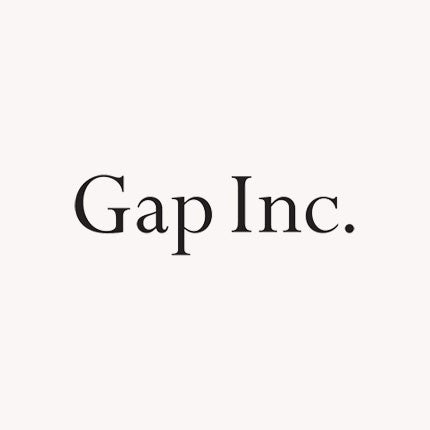 Gap Inc.
Gap Inc.
Collaboration is key to driving transformational, systemic change on issues bigger than any one of us can tackle individually. That’s why Gap Inc. partnered with BSR’s HERproject, ILO Better Work, and CARE to launch Empower@Work, a collaborative effort dedicated to empowering women and advancing gender equity in global supply chains through the sharing of knowledge, skills and networks. By harnessing the power of collective reach and pooling knowledge and resources, the company aims to support economic independence and a better future for the more than 80 million women working in the apparel industry worldwide.
The approach is built on two pillars:
- Act to encourage and share best practices in worker training; and
- Advocate by amplifying collective voice for policy-level change.
Empower@Work released an open-source worker training toolkit for women’s empowerment that includes Gap Inc.’s P.A.C.E. women’s curriculum, as well as expertise and training from the other partners. One of the core pillars of Empower@Work focuses on influencing and policy advocacy, engaging key stakeholders across the apparel industry including governments, worker organizations, brands, and others. While the development of the Empower@Work operating model is still in progress, Gap Inc. intends to leverage this platform to bring these stakeholders together to, for example, prioritize women in COVID-19 response and recovery efforts. A fundamental guidepost for this work is ILO Convention C-190.

